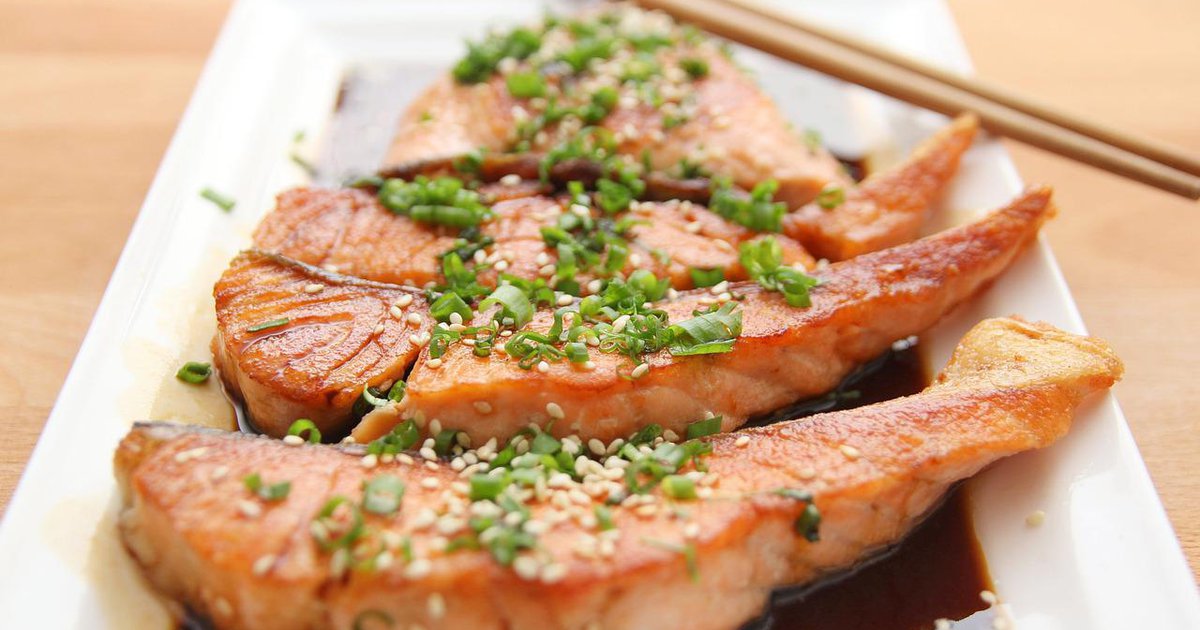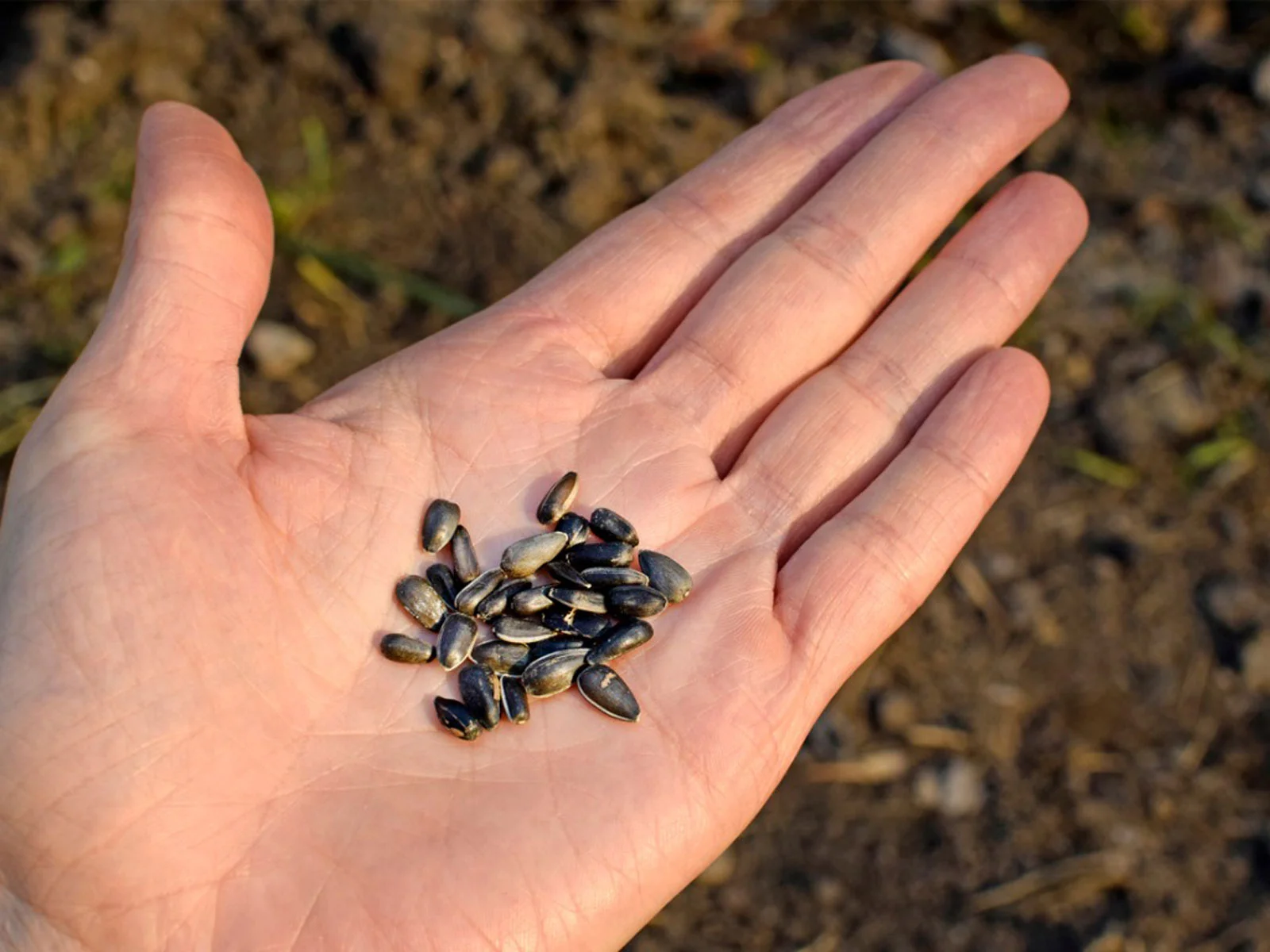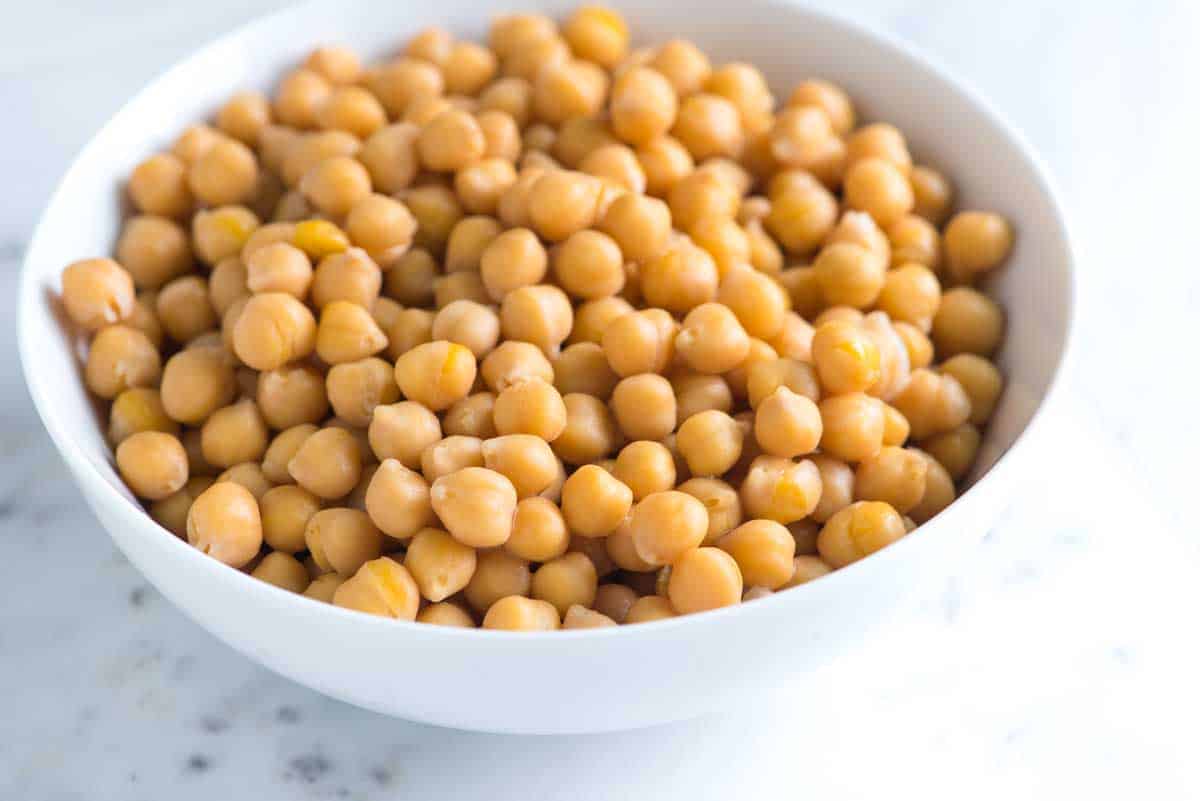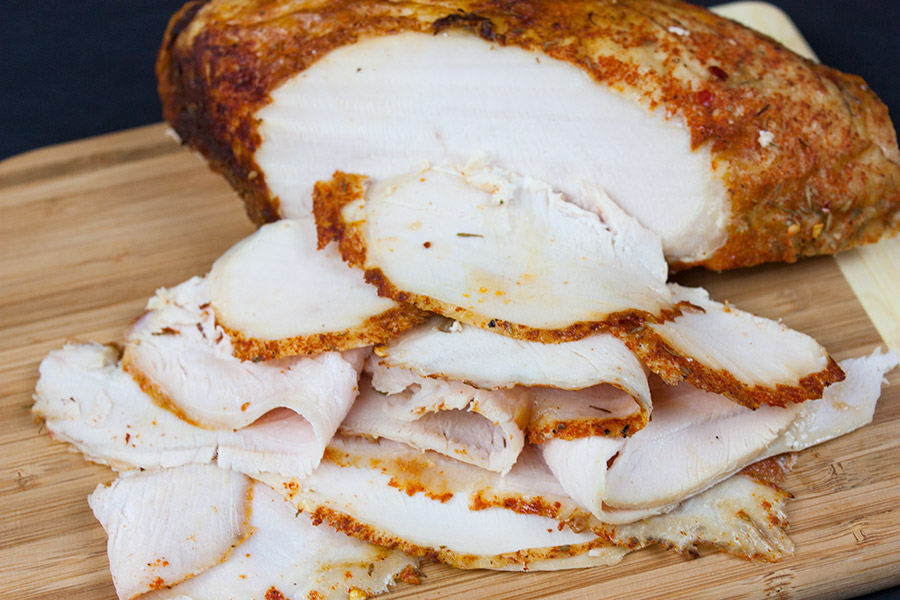6 Non-Dairy High Protein Food For Your Health
By Mary Ann
4 February 2023
According to research, protein should account for up to 25% of daily calories, but for people who must follow a dairy-free diet, it might be difficult to consume enough of this crucial ingredient each day.

It can be simple to forget there are other methods to meet your daily protein requirements with all the attention dairy receives for being a rich source of protein.
Those who follow a dairy-free diet have a wide range of protein sources to choose from.
Seeds
Seeds include a surprising amount of protein per serving considering their small size. Around 10 grams of protein are found in an ounce in several seeds, including hemp and pumpkin.

In addition to being a fantastic source of fiber, vitamins, and minerals, seeds are the ideal snack for leading a healthy lifestyle.
Smaller seeds like poppy and sesame work well as a topping for everything from oatmeal and cereal to salads and soups, while larger seeds like pumpkin and sunflower are good for snacking in between meals.
Nuts
All varieties of nuts are an important source of plant-based protein since they are loaded with protein and good lipids. Almonds, pistachios, and peanuts are just a few of the nuts that have a protein content of five to six grams per ounce.
You can eat them as a snack whole or process them to make delectable nut butter.
Cow's milk is no longer the only protein-rich beverage thanks to the popularity of almond milk, cashew milk, and even walnut milk. Those following a dairy-free diet can still enjoy a lovely tall glass of milk while obtaining crucial nutrients.
Roasted Chickpeas
Roasted chickpeas are another dairy-free, high-protein snack choice. Chickpeas are an excellent snack to keep you full and improve digestive health because they contain protein, fiber, and complex carbs.

About 6 grams of protein are contained in a half cup of canned chickpeas (turned into your roasted snack) or a single ounce of salted, roasted chickpeas from the grocery store.
It's simple to roast your chickpeas; just place the drained beans in an oven set to 400 degrees F for 15 minutes, stir with olive oil and your preferred seasonings, then roast for an additional 15-20 minutes. To complete crisping up, let them cool on the baking pan for some time.
Fish
Fish are a very nutrient-dense diet because they include high levels of protein, healthy fats, and a range of vitamins.
Trout has 20 grams of protein in just a three-ounce portion, compared to 17 grams of protein in the same amount of tuna.
Those who follow a non-dairy diet and don't consume vitamin-D-fortified milk may benefit from fatty fish sources of vitamin D, such as salmon and sardines.
Chicken and Turkey
Skinless, 3-ounce servings of stewed, roasted, or broiled chicken or turkey breast have a low-fat content and roughly 27 grams of protein.

To lower the amount of saturated fat and cholesterol in your chicken or turkey, remove the skin before cooking. The consumption of foods high in saturated fat and cholesterol can elevate blood cholesterol levels and raise your risk of heart disease.
Two recipes for high-protein, dairy-free dinners are white turkey chili and chicken breast with balsamic roasted veggies.
Beef and Pork
Pork tenderloin offers 24 grams of protein per 3-ounce serving, while a 3-ounce serving of broiled beef top sirloin steak has 26 grams. These options also offer niacin, vitamin B-3, and iron.
To reduce your intake of saturated fat, use lean meat cuts like tenderloin and clip off any visible fat before cooking.
Limit your intake of processed meats like salami, bacon, and sausage because too much of it raises your chance of developing cardiovascular disease.
You Might Also Want To Read This
Popular Posts





